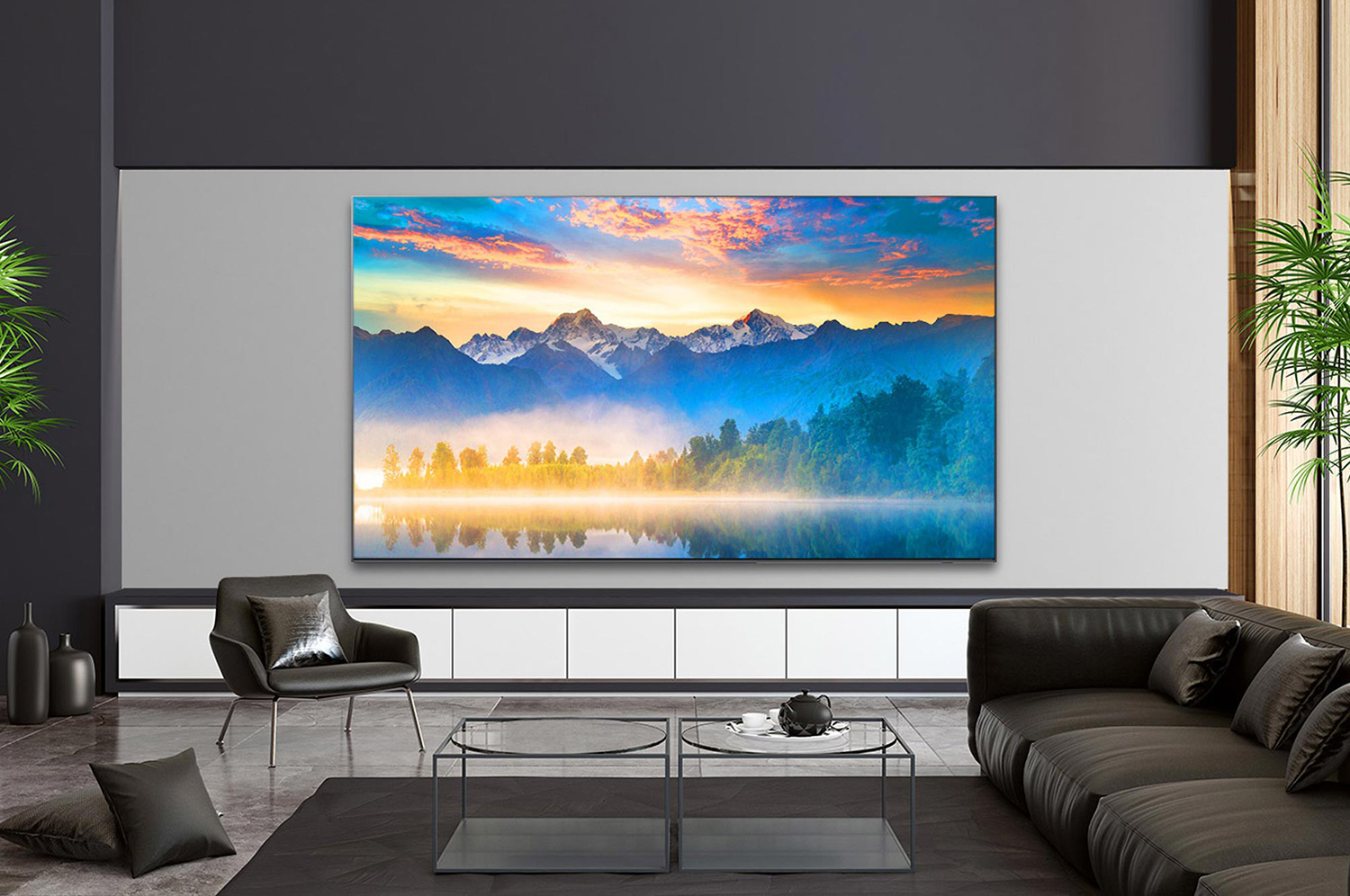 For those of you just getting accustomed to 4K TV, get ready to acclimatize again. 8K TV is taking over the television world! Naturally you’ll have questions, like what can 8K do for me? Let’s dig in on some of the new technology and the products that are in store now.
For those of you just getting accustomed to 4K TV, get ready to acclimatize again. 8K TV is taking over the television world! Naturally you’ll have questions, like what can 8K do for me? Let’s dig in on some of the new technology and the products that are in store now.
Already, Sony, LG and Samsung have launched 8K TVs into the marketplace and they’re available to buy today.
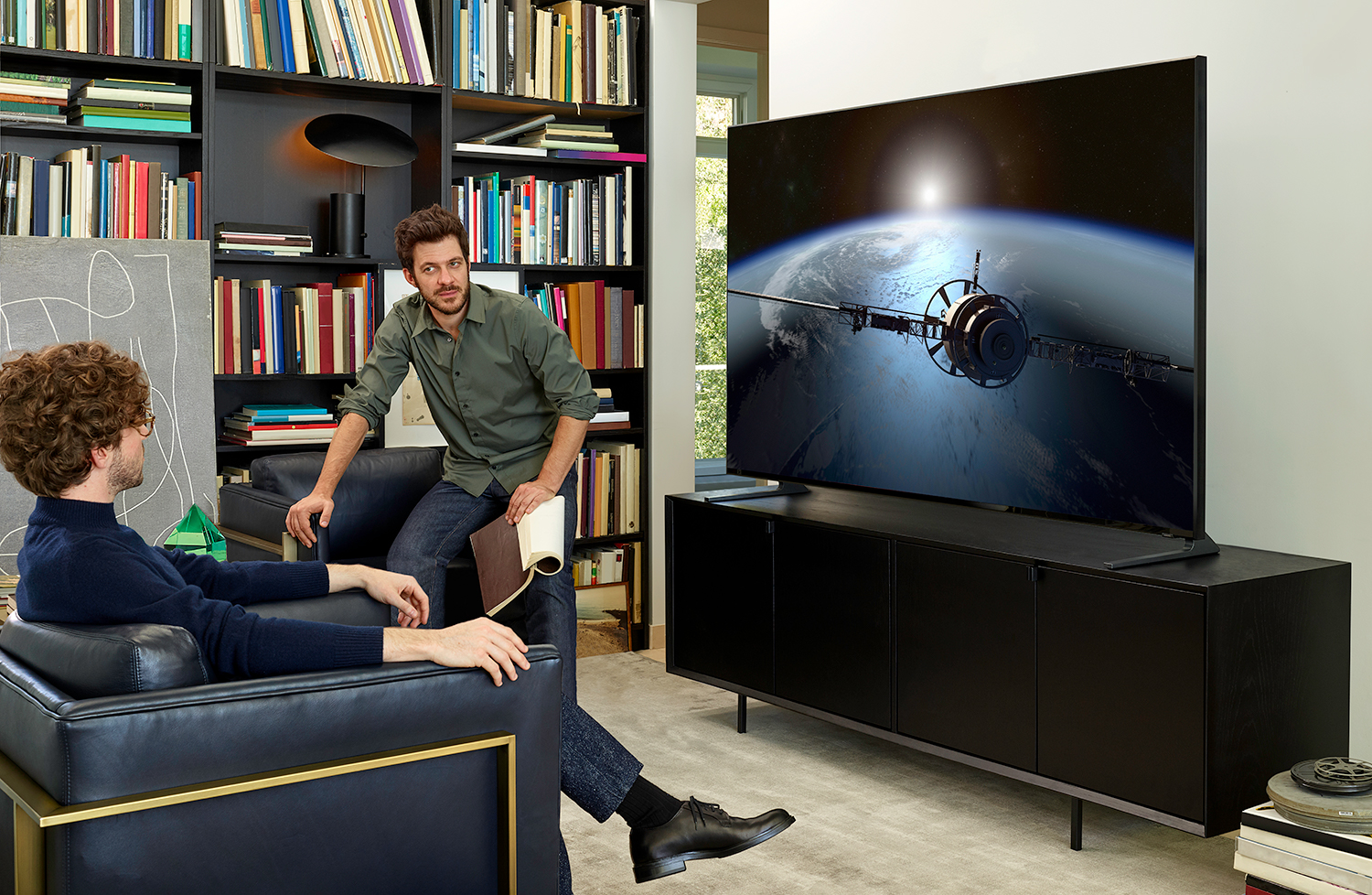 What is 8K TV?
What is 8K TV?
8K TV is the newest advancement in TV resolution technology. To explain what 8K is, let’s back up a bit and start with 4K and HDTV.
Resolution is made up of pixels, or microscopic squares. In a 1080p Full HDTV, there are 1,920 horizontal by 1,080 vertical pixels. When TV technology improved to 4K, more pixels were added in the same space, making for a much sharper and more detailed video picture. The resolution on a 4K TV is technically 3,840 x 2,160 and the term “4K” comes by rounding the horizontal pixel count up to 4,000, or 4K. Why? It’s just easier to say and abbreviate, but you will also hear this called Ultra HD.
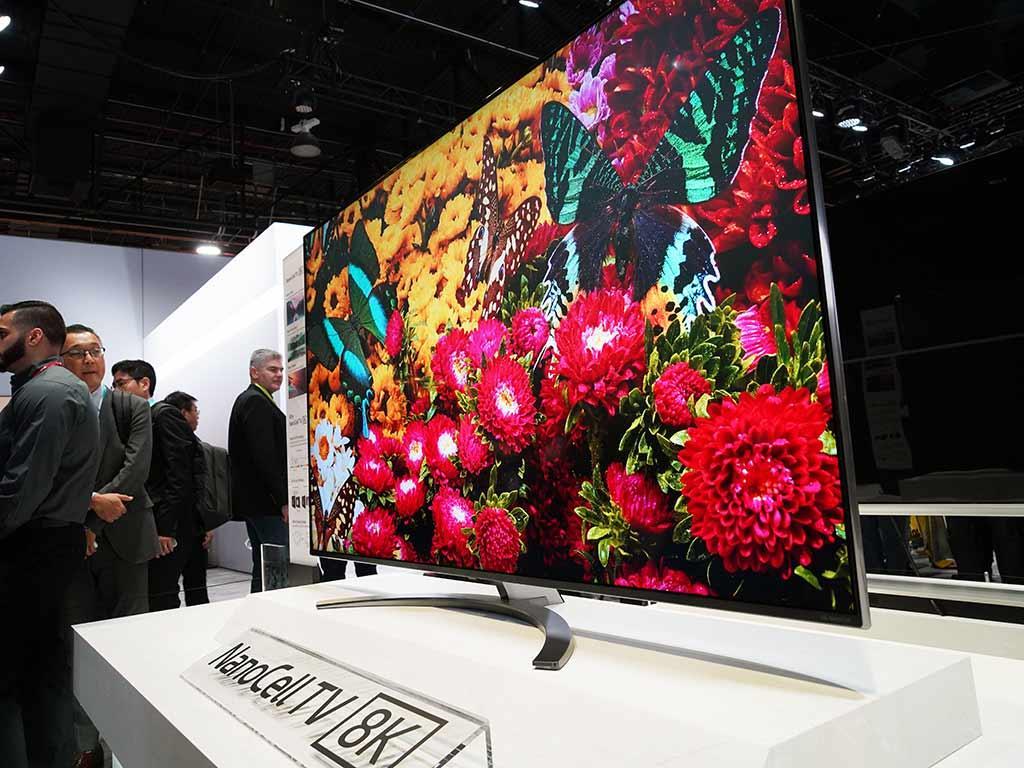 8K makes that leap again, cramming more pixels into the same size and shape of TV. (Remember old SD TVs and how square they were? The we got wider “letterbox” with HD?) 8K crams twice as many pixels in, now offering total image dimensions of 7680×4320. Round that 7680 up and you get 8,000 or 8K.
8K makes that leap again, cramming more pixels into the same size and shape of TV. (Remember old SD TVs and how square they were? The we got wider “letterbox” with HD?) 8K crams twice as many pixels in, now offering total image dimensions of 7680×4320. Round that 7680 up and you get 8,000 or 8K.
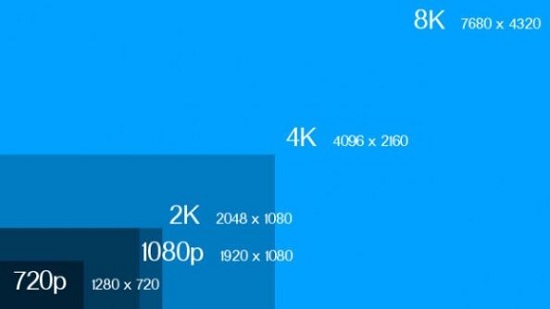
What can 8K TV do for me?
8K makes TV look even more realistic. In theory, 8K should provide twice as good a picture as 4K. I recently was able to test the new Samsung QLED Q900R 8K TV in my home for several weeks and I was impressed. As you can read in my full review of that TV, 8K delivers sharper detail and more realistic and vibrant colour than even 4K.
How much better is 8K, really?
I explained in my review article why 8K is better and offered this analogy:
The result is a clearer and more realistic image, because there are so many more tiny pieces making up the overall picture. It’s the difference between making a mosaic using 1 foot square bathroom tiles versus making one with fingernail sized tiles; you can create finer detail with those smaller pieces; and fit more of them in your space.
If you do the math, it’s technically twice as “good” or twice as sharp as a 4K TV. But there are a few factors which determine how much more you’ll really get out of an 8K TV. Some of those factors include the size of TV you buy, how close you sit to the screen. For example if you’re sitting across the room and watching on a 36″ TV, you won’t see a lot of difference. Proper viewing distance on a 65″ or bigger 8K TV? Yeah, it might blow your mind.
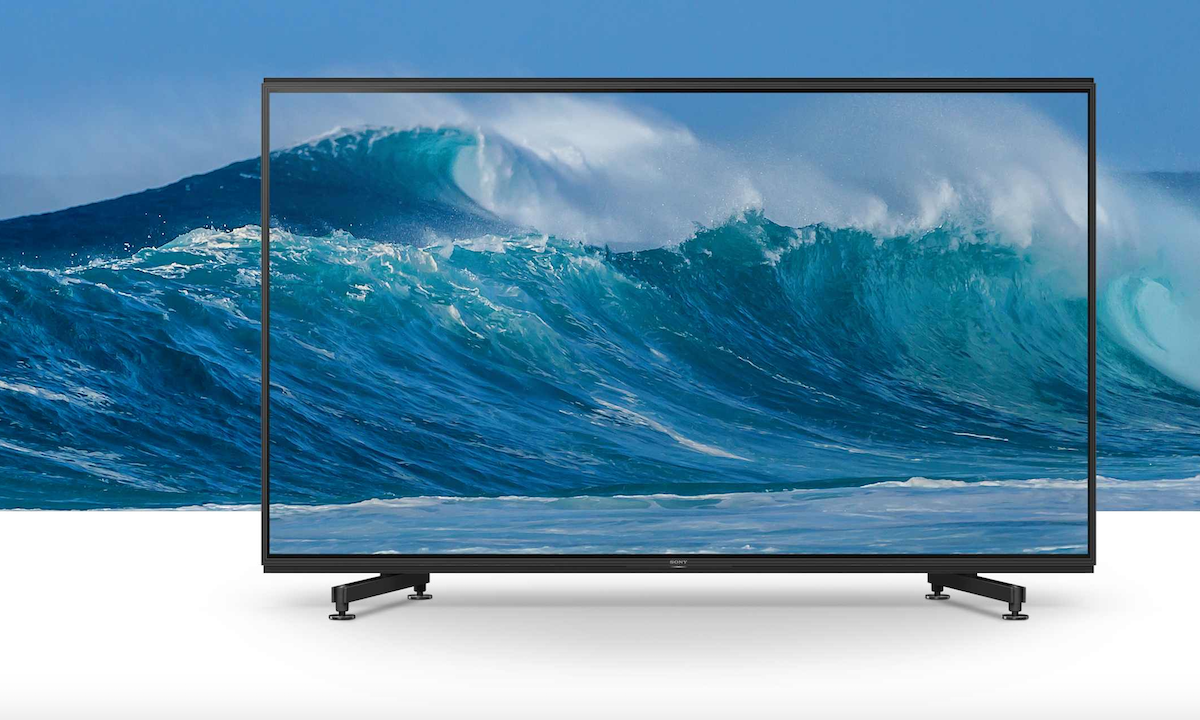 What will I need to watch 8K?
What will I need to watch 8K?
Like 4K video, getting the 4K TV is not enough; you also need content that’s been shot in 4K and if your 4K TV isn’t smart and doesn’t allow for 4K streaming, you’ll also need a content delivery device, like a 4K Blu-ray player or 4K streaming stick.
You’ll also need content that’s been shot by cameras capable of capturing 8K resolution. Right now, very little of that exists. However, these televisions are equipped with upscaling technology that still makes the image you see on an 8K TV better than on a lower resolution TV, even if the content was shot in 4K or HD.
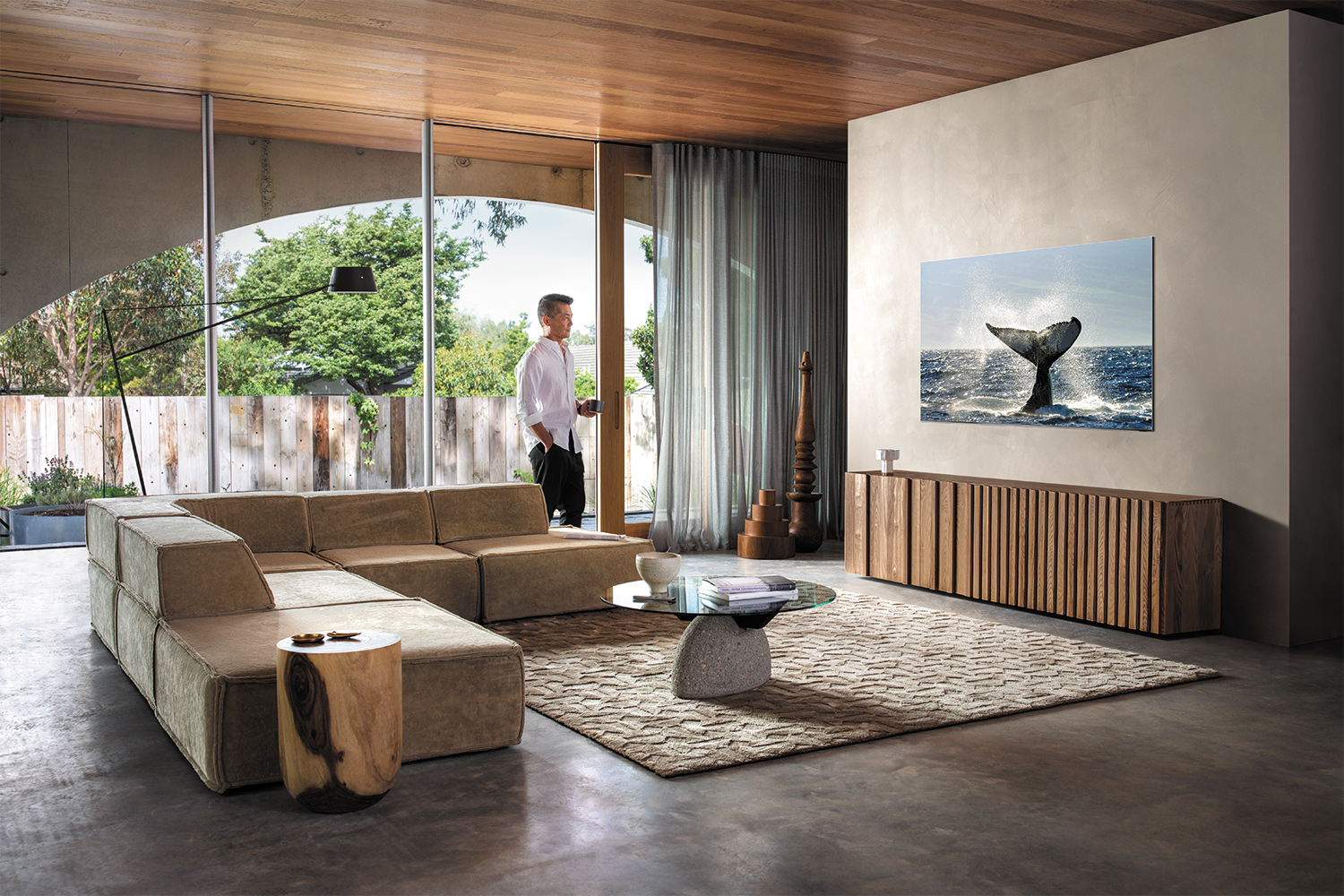 I recently posted a review of the 8K upscaling technology in the Samsung Q900R 8K TV. The AI, or machine-learning that Samsung has built into the TV automatically and instantly improves the look and quality of the video to approximate 8K resolution.
I recently posted a review of the 8K upscaling technology in the Samsung Q900R 8K TV. The AI, or machine-learning that Samsung has built into the TV automatically and instantly improves the look and quality of the video to approximate 8K resolution.
I have to say I was amazed at how much better even a very old 1980’s movie looked on this TV.
What will happen to 4K?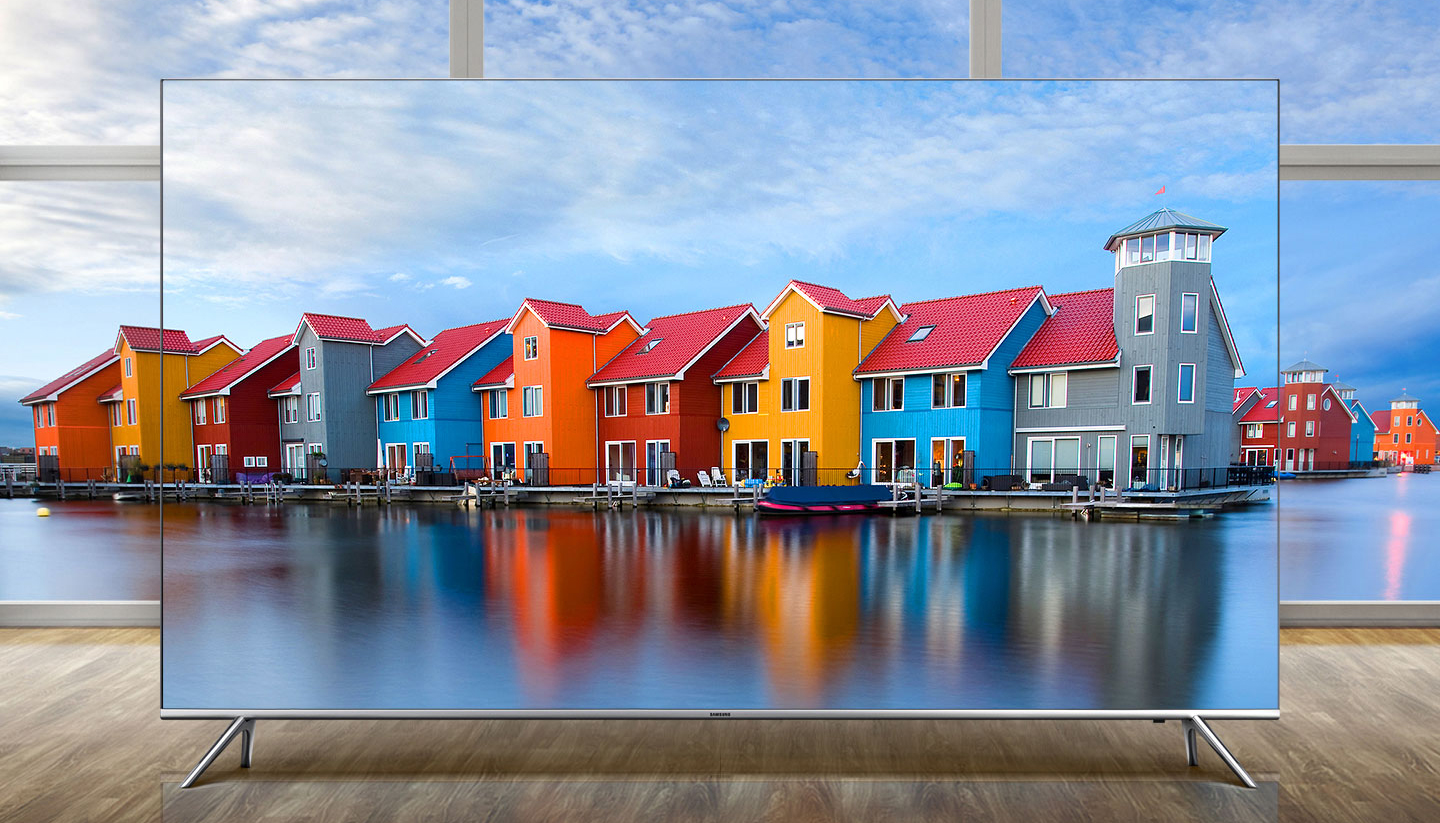
4K is going to be with us for a while. Much in the same way HDTV is still being used extensively, 4K will likely be with us for a while even once 8K arrives in earnest.
Who’s making 8K TVs and where can I get one?
As we noted earlier, LG, Sony and Samsung have launched 8K TVs into the marketplace and they’re available to buy today. LG’s new NanoCell TVs (in both 4K and 8K) are worth a look, as is Sony’s Master Series 8K.
Sharp Electronics was the first to sell 8K TVs in 2017 in Asia and Europe. But when they’re coming to North America also isn’t clear.
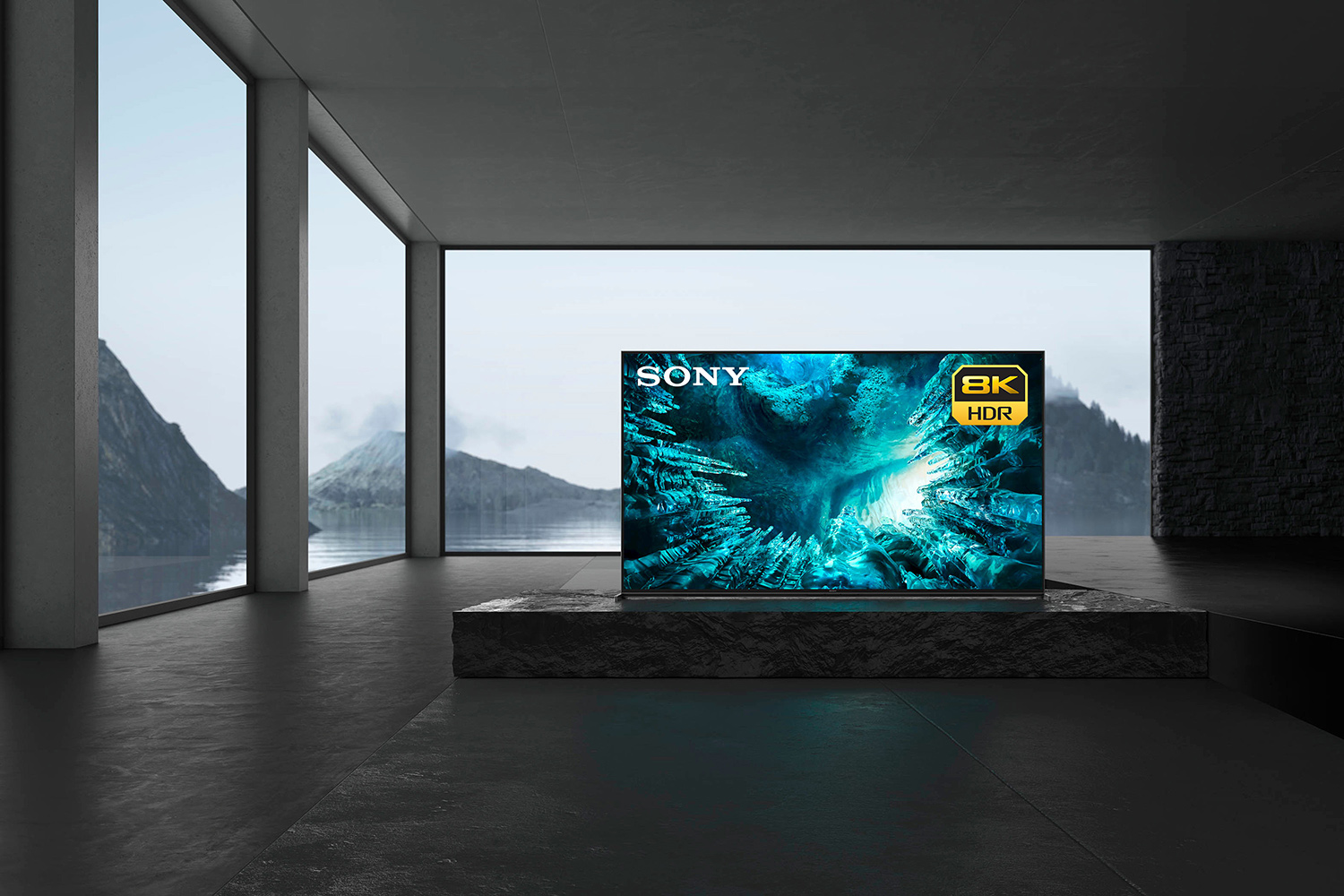 The bottom line: you’ll be hearing more and more about 8K televisions in the future and watch for manufacturers bringing their new 8K TVs out too.
The bottom line: you’ll be hearing more and more about 8K televisions in the future and watch for manufacturers bringing their new 8K TVs out too.
If you have questions about 8K, please post them here. We’ll be rolling out more info and new blogs about all things 8KTV, so don’t hesitate to ask. Lastly, I posted a few of my recent videos about the Samsung 8K TV below that will help you learn more.




Does 4K TV cost less than 8K? If so by how much? And, what is the smallest size in an 8K TV?
Would love to win “my own” TV for my room
I don’t know about this “new” tech as even with 4k the eyes can’t ajust to the screen ,so the same goes with this so called 8K , check it if you don’t believe it!
If the horizontal pixel count has doubled and the vertical pixel count has doubled, then surely the picture quality of 8k should be four times better than 4k, not two times better?
I would like to buy 32 to 40 inch in a 8k tv is this possible?
I would like to get 8k tv but in a 32 to 40 inches. is it possible?
Clear and helpful reporting Erin, but your “tile” analogy is misleading. If a 1 foot square tile is a 4K pixel, an 8K pixel is a 6×6 inch square!
8K definitely seems interesting. I’m still using a 50 inch 1080P TV and am probably still several years from upgrading. By the time I’m ready to upgrade again they will probably be up to 15K or 16K, depending on how they want to do the rounding.
So, CES is right around the corner. I’m pretty sure Samsung and Sony will unveil some commercial 8k models. So, do you think we should see some 8k TV’s hit Best Buy, around 2nd quarter? What about the Sharp model that is already available? Will Best Buy be getting any of those in, say, early next year?
Thank you for the clarity. I am about to buy a new TV and this helps alot.
I’m so glad, Sarah! Thanks for the compliment, and for reading.
Comments are closed.